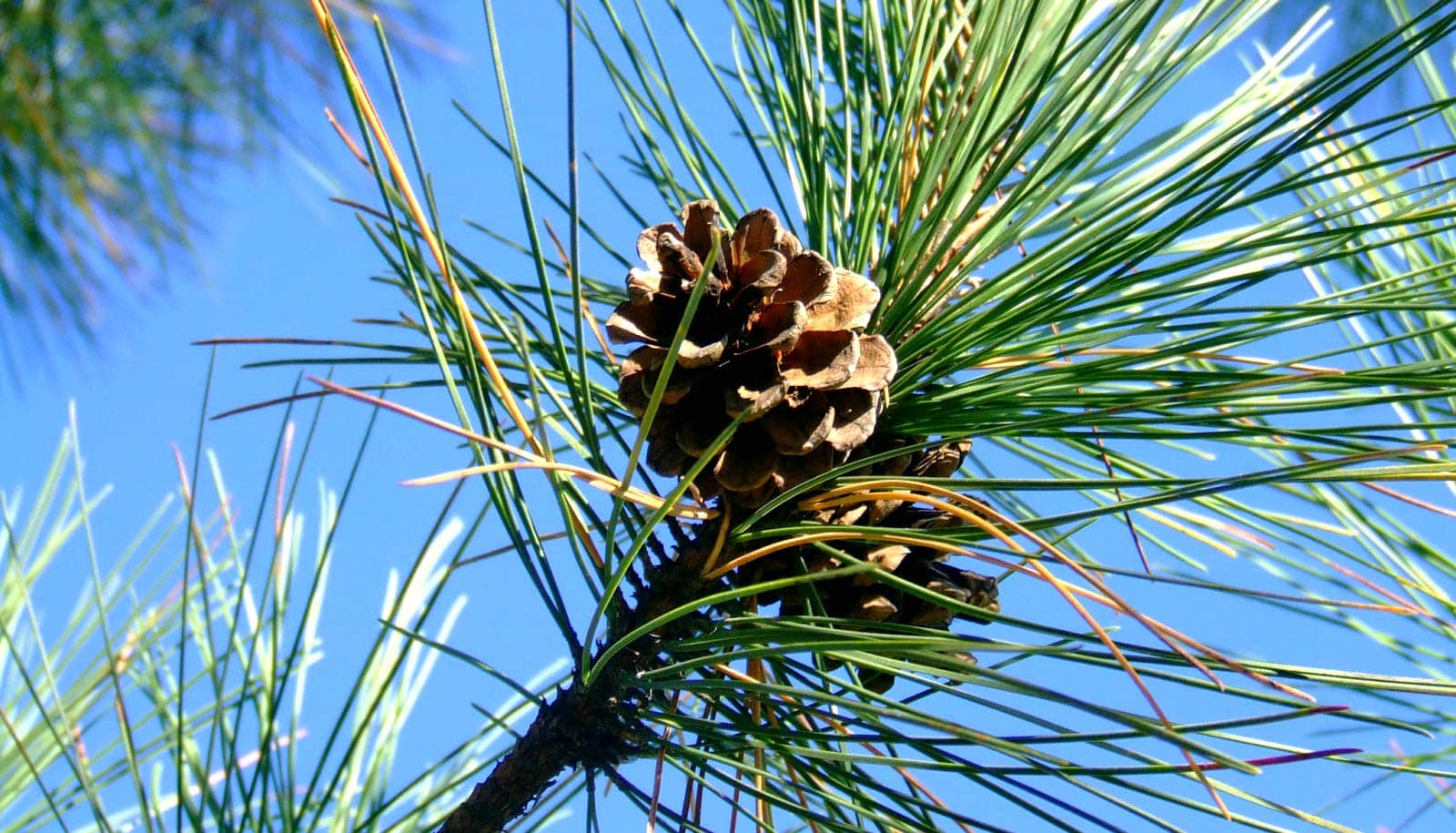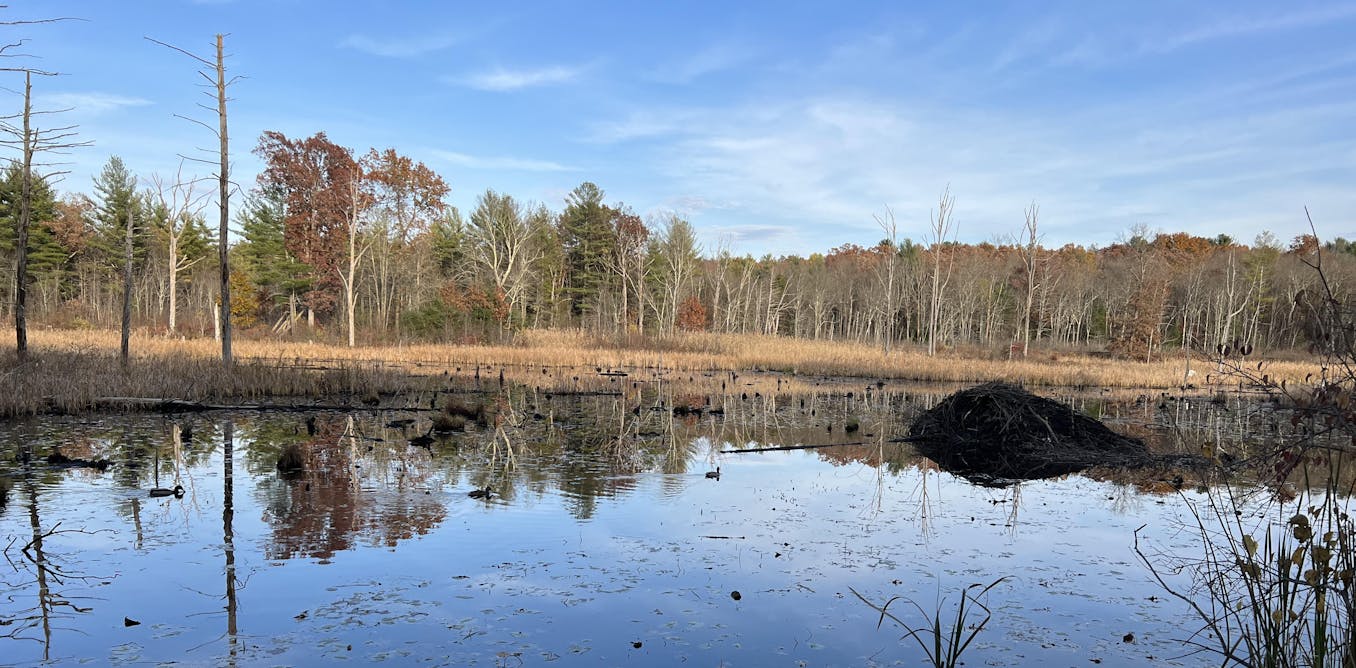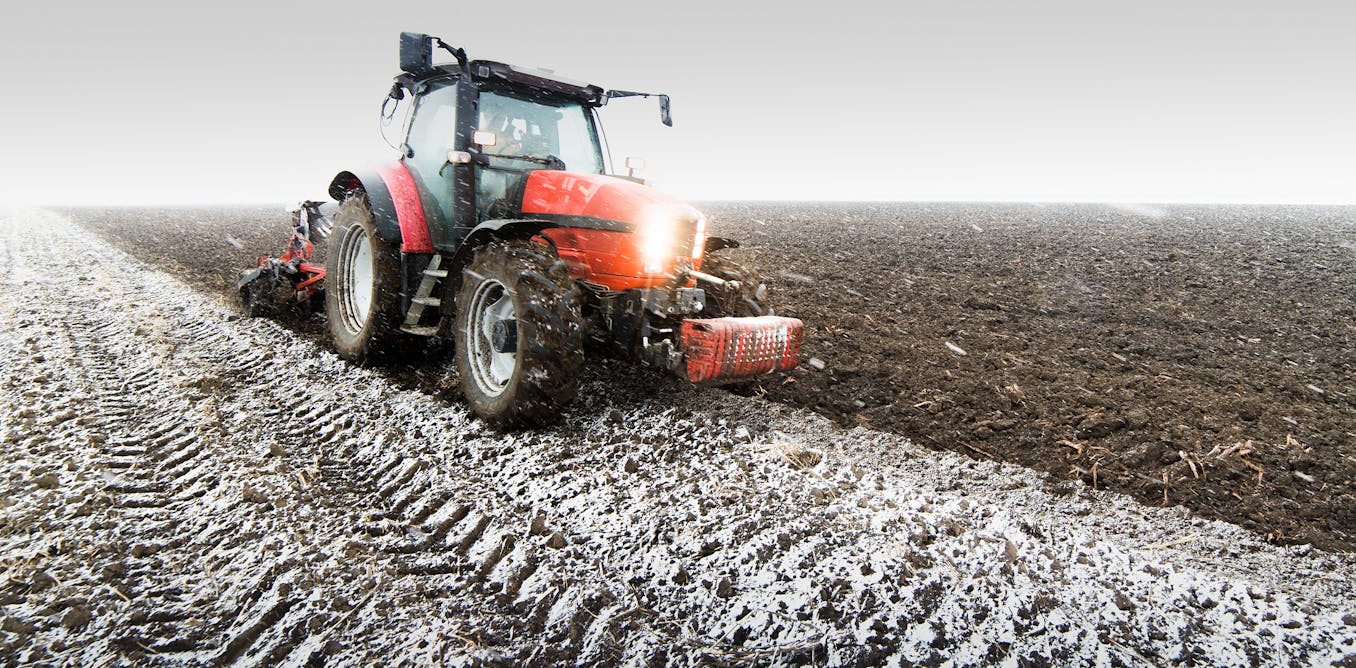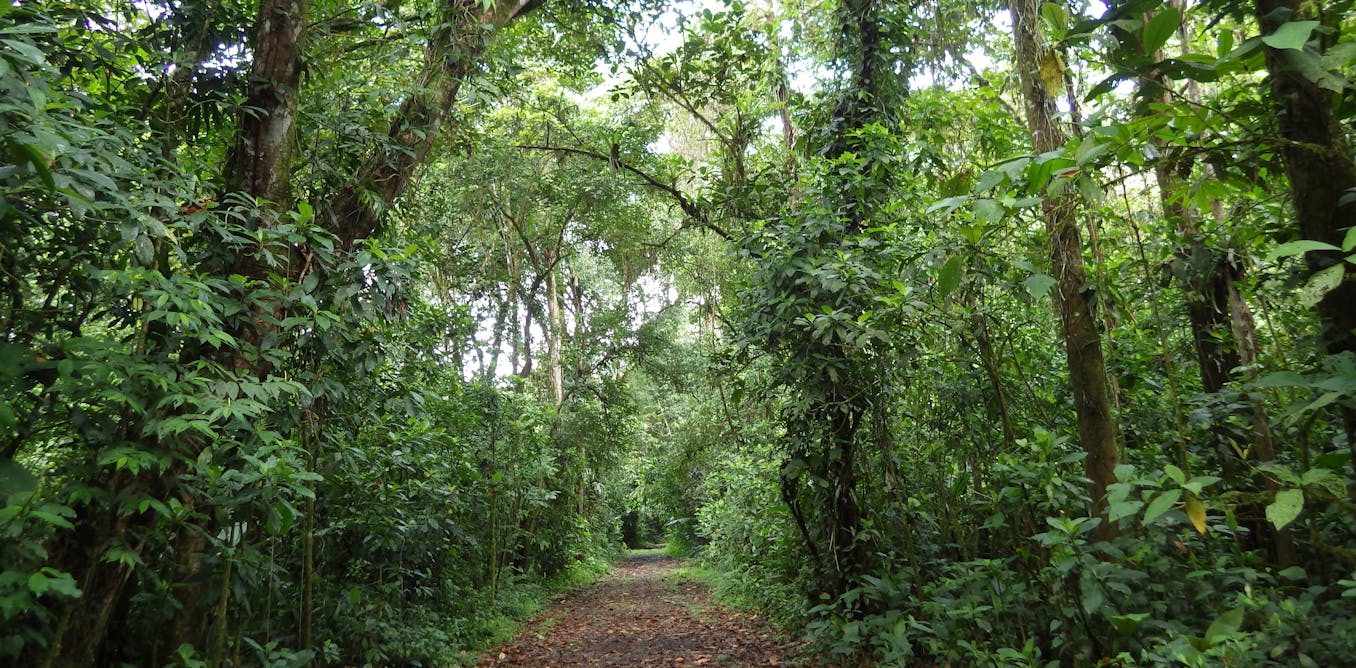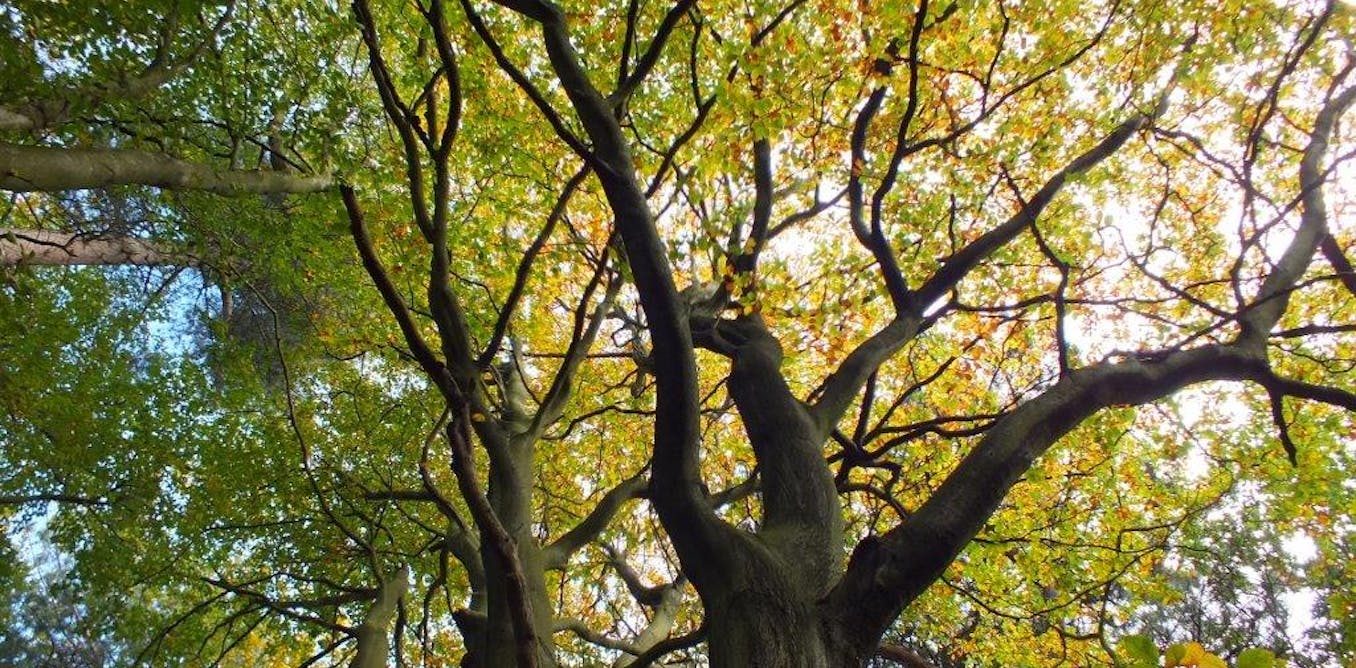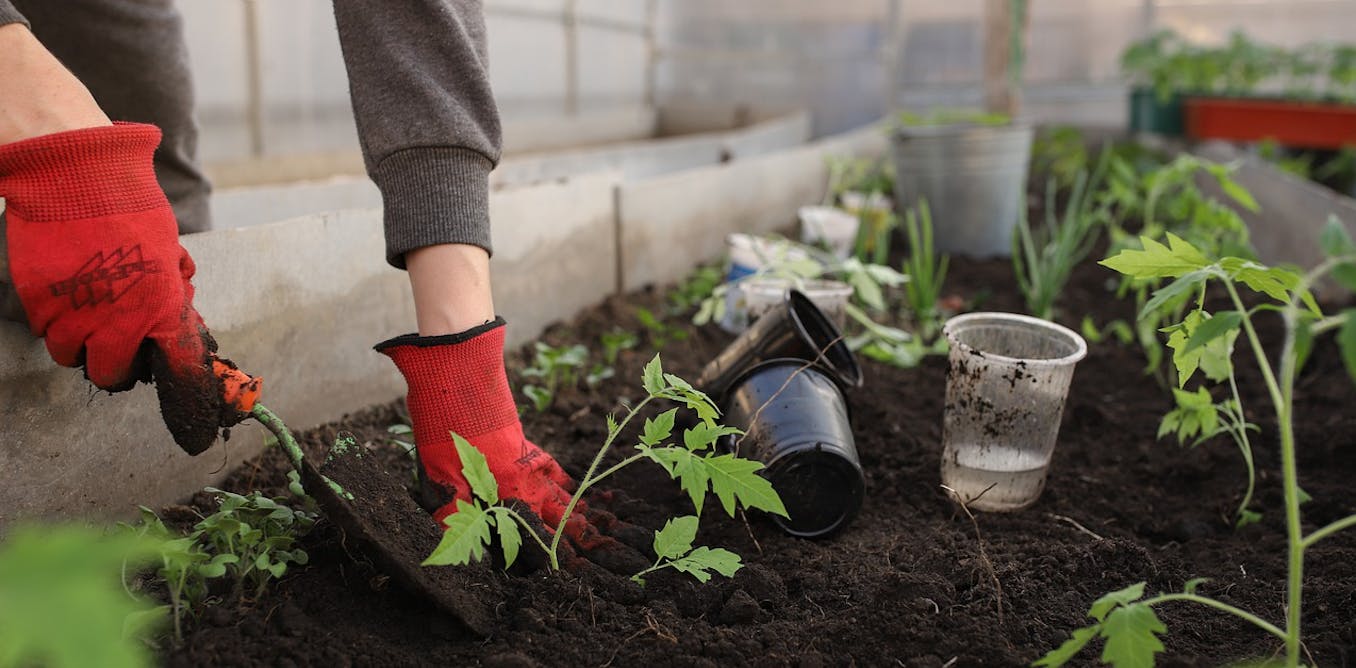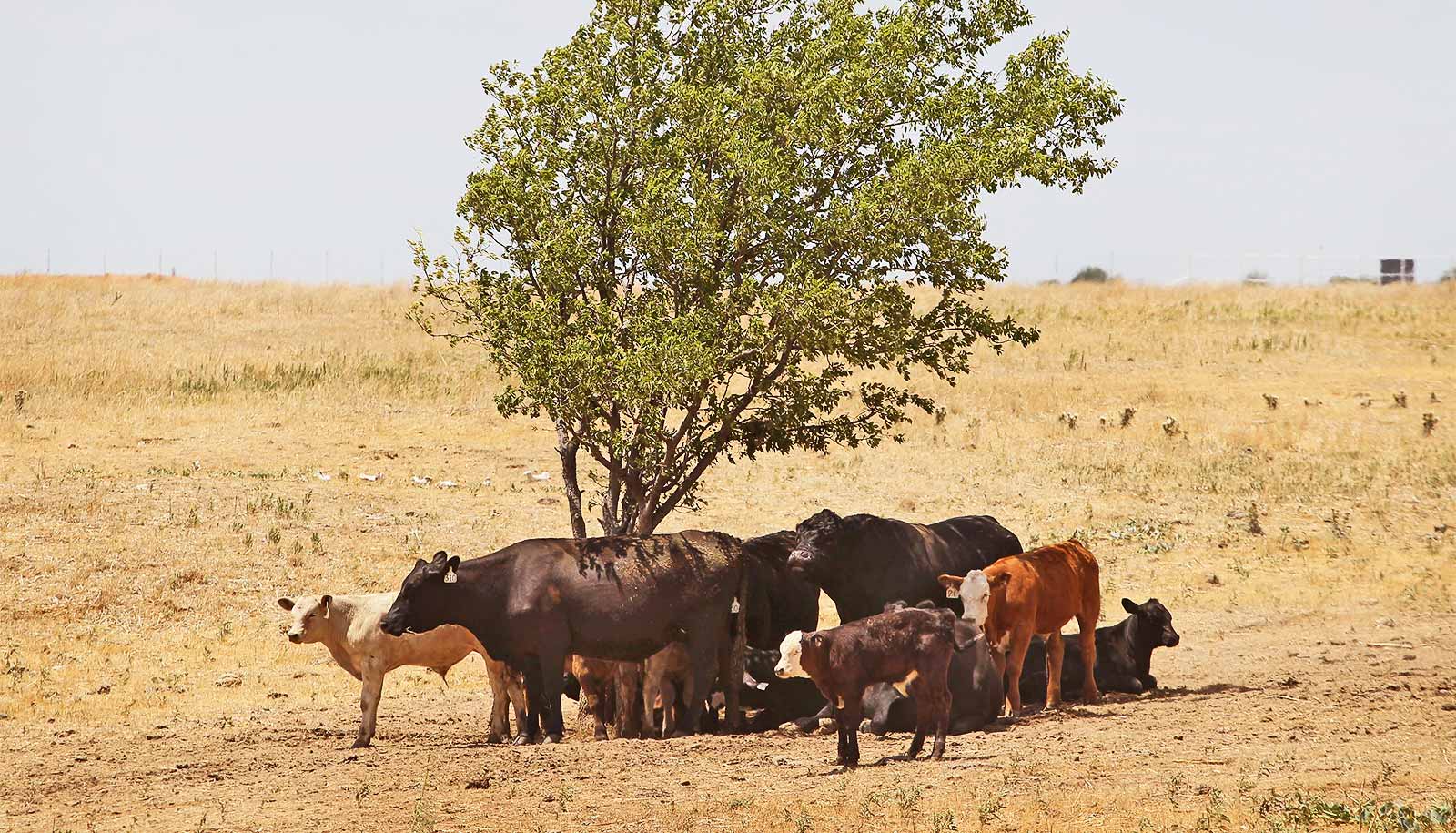Beavers offer lessons about managing water in a changing climate, whether the challenge is drought or floods
Beavers in our landscapes have great potential to provide small-scale adaptations to climate change – if humans can figure out how to live with them.
Jan. 20, 2022 • ~9 min
Bare winter fields to disappear as part of new plan for healthy greener countryside
Soil health is at the heart of new government plans for farm payments with policies to increase soil organic matter and promote winter cover.
Dec. 10, 2021 • ~7 min
Tropical forests can recover surprisingly quickly on deforested lands – and letting them regrow naturally is an effective and low-cost way to slow climate change
As governments and corporations pledge to help the planet by planting trillions of trees, a new study spotlights an effective, low-cost alternative: letting tropical forests regrow naturally.
Dec. 9, 2021 • ~11 min
COP26: how unlocking nature's power can help the UK step up its fight against climate change
Nature-based solutions can help us sustainably tackle climate disasters - but to do that, they urgently need policy support.
Nov. 9, 2021 • ~8 min
How unlocking nature's power can help the UK step up its fight against climate change
Nature-based solutions can help us sustainably tackle climate disasters - but to do that, they urgently need policy support.
Nov. 9, 2021 • ~8 min
A new, lower threshold for lead poisoning in children means more kids will get tested – but the ultimate solution is eliminating lead sources
The Centers for Disease Control has announced a new, stricter standard for lead poisoning in children, which will more than double the number of kids considered to have high blood lead levels.
Nov. 5, 2021 • ~9 min
Forests can't handle all the net-zero emissions plans – companies and countries expect nature to offset too much carbon
Yes, trees and soils can absorb and store carbon, but the carbon doesn’t stay stored forever. That’s one of the problems with how net-zero plans for the climate are being designed.
Nov. 5, 2021 • ~8 min
/
12

